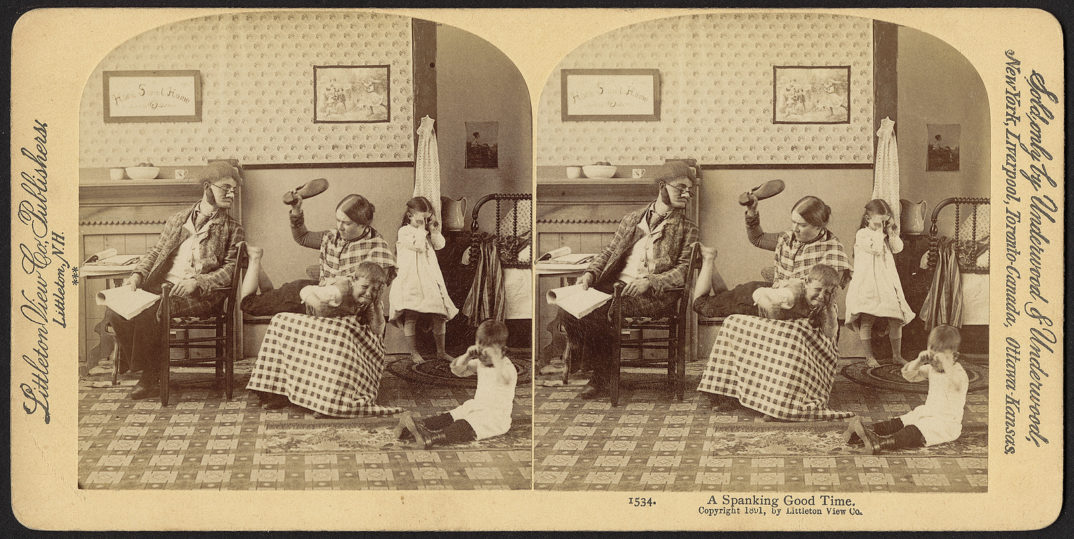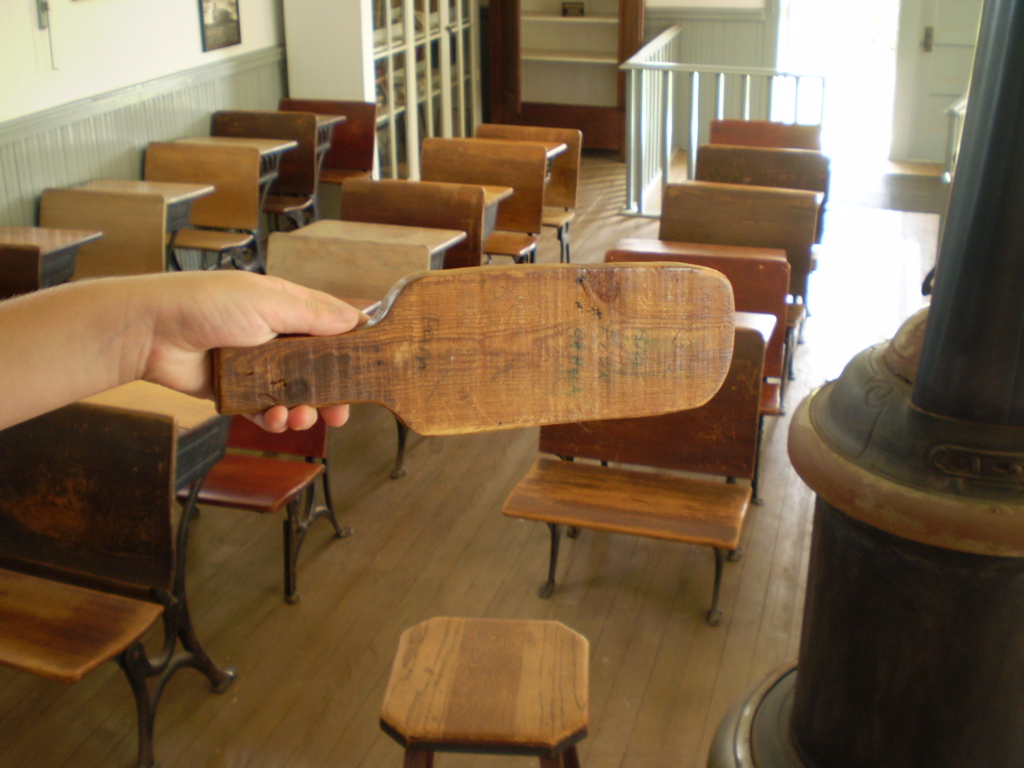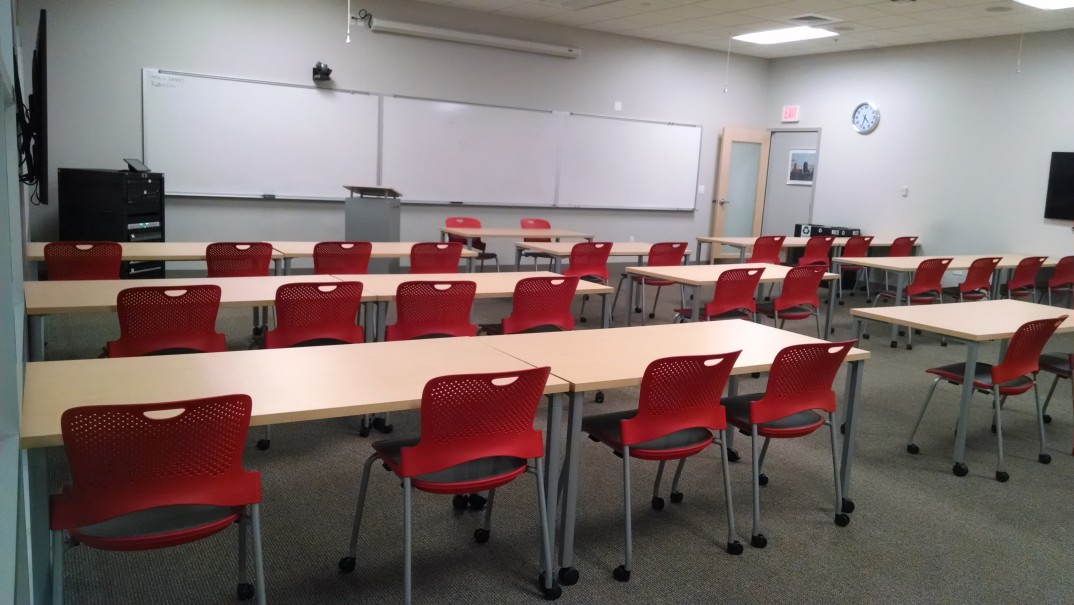This piece originally appeared on September 9, 2015.
The start of another academic year is cause to reflect on the aims of education and the fact that 19 states in the U.S. still use corporal punishment in public schools. Many have yet to learn the counterproductive and harmful effects of disciplining kids with violence. Nowhere is the mistake more troubling than in our public schools.
I have argued elsewhere against school corporal punishment on grounds of the right to security of person and given the Platonic warning that “nothing taught by force stays in the soul.” The aims of education offer a further, crucial reason why we ought to end the use of corporal punishment in public schools.
What is school for? Somewhere at the heart of the answer should be the idea of educating people to be critical thinkers. John Dewey once argued that such a goal is implicit in the “supreme intellectual obligation.” That obligation calls for empowering all citizens with the scientific attitudes and intellectual habits of mind necessary to appreciate wisdom and to put it to use. Expert scientists must push the envelope of knowledge, but if intellectuals are to benefit humanity, the masses of people need to be sufficiently critical thinkers to benefit from scientific innovations.
Critical thinking involves the development of a skeptical attitude, one which expects or hopes to uncover justification or evidence. It appreciates well-founded authorities, understanding authority as a relationship of trust based on good reasons for it. For schools to cultivate critical thinking in young people, kids need to be comfortable questioning their teachers, administrators, and parents. In public schools, we need safe environments in which intellects are allowed and enabled to experiment, to be creative, and to learn whether and why some authorities are warranted, when they are.
Corporal punishment in public schools inhibits the cultivation of critical thinking. It teaches one that a justifiable means to one’s ends is violence. It impedes the development of “scientific attitudes and intellectual habits of mind.” A kid is understandably less inclined to question an authority that beats him or her, especially with the sanction of public policy.
Consider the kind of environment created in 2009-2010 in the South Panola School District in Mississippi, where corporal punishment was recorded 2,572 times in a 180-day school year. That averages out to the use of physical violence every 20-30 minutes each day. Such environments impede the development of critical thinking, rather than encouraging it.
What do young people learn when they are struck? It is true that studies show an immediate though very short-lived change in young people’s behavior after corporal punishment. They also show, however, that students who are subjected to violence do not develop better long-term habits. In fact, school- and in-home corporal punishments are associated with higher levels of depression, anxiety, drug use, crime, and other unfortunate consequences, as well as mental disorders. In school settings, then, corporal punishment fails to teach kids what it purports and is doing them educational harm.
The common refrain heard in response is that if you spare the rod, you’ll spoil the child. A priest pointed out to me, however, that this is a reference to the shepherd’s rod. Shepherds steer and redirect sheep with a tap or nudge of the rod. A tap or a push gives redirection and disciplines a herd. A beating does not. It makes the animal flee when it can get away.
In poor southern states still using corporal punishment, when young people reach the age at which they can leave school, flocks of them do.
Rather than teaching young people not to question authorities, we should strive to cultivate understanding of scientific and moral authority. We can teach respect for truth, good reasoning, good faith, and good will. Teaching kids that if they go out of line they will be struck tells them that if they think differently, they will be met with pain and shown the extent to which they are unsuited for education.
We can do better. There are nonviolent and effective forms of discipline. We should be teaching kids to explore ideas, to test authorities for the sake of learning, and to feel welcome and safe in educational environments. Corporal punishment has the opposite effects. Our schools could and should inspire and empower kids, nurturing them as critical thinkers. Those are aims to which meaningful education is rightly directed. A vital step forward must be, therefore, to abolish corporal punishment in our public schools.



